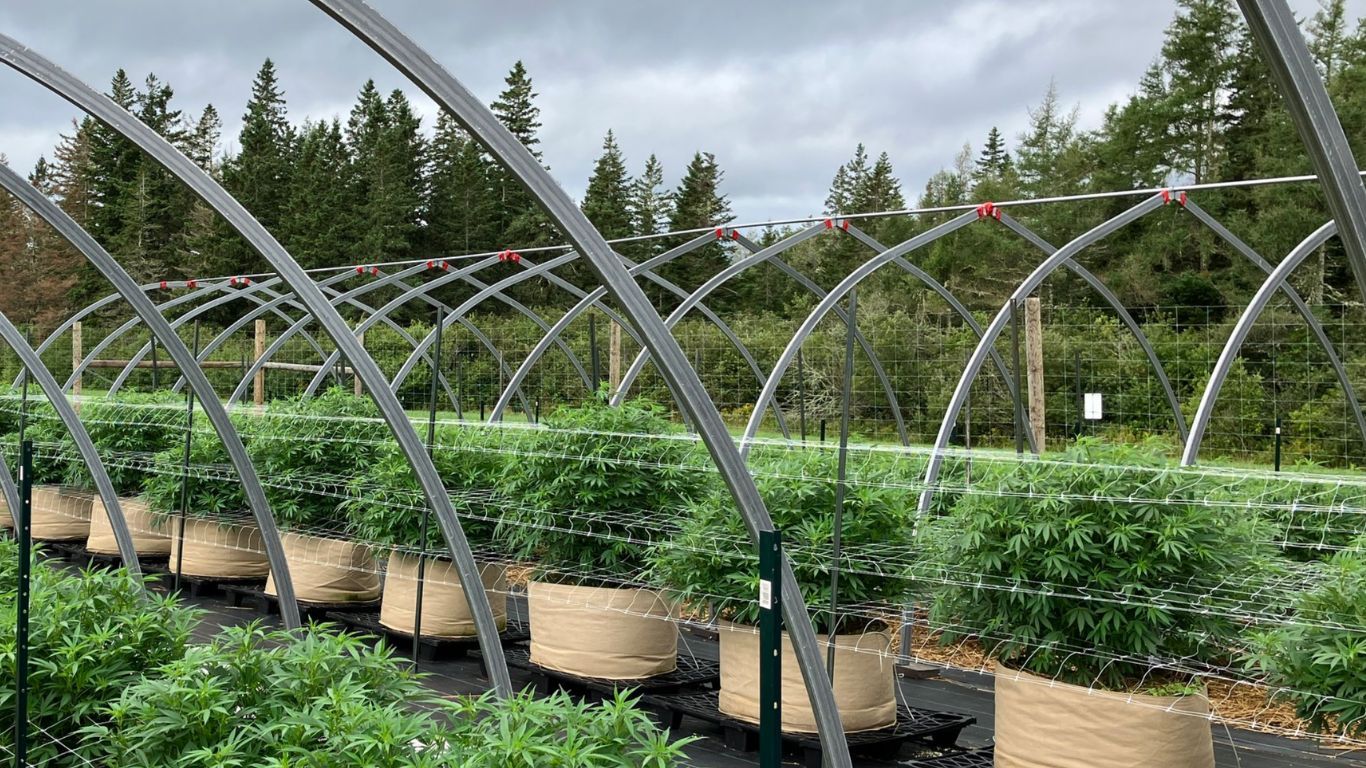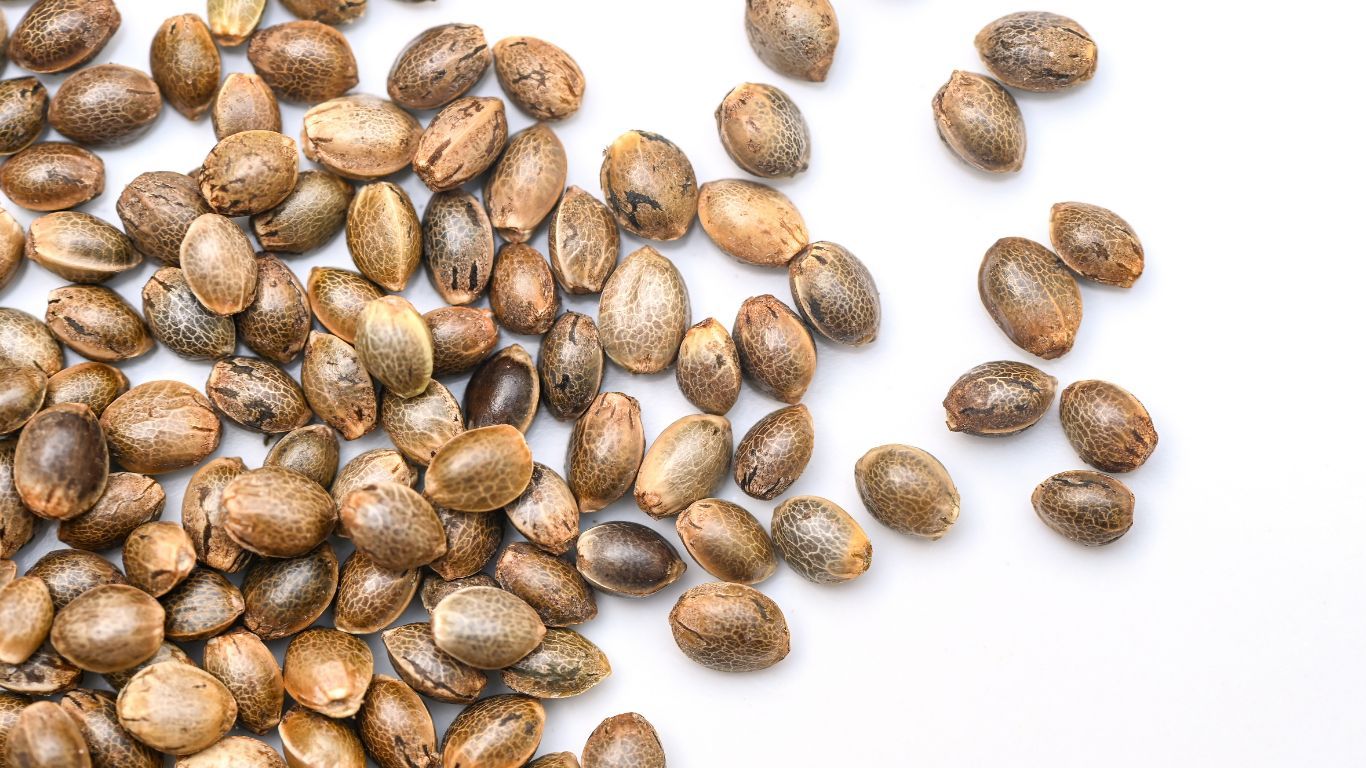
The Canadian government says it will continue to monitor the evolution of the cannabis industry, but did not include any significant reforms as part of the federal government’s Budget 2023.
Although the industry has been lobbying for excise tax reform, expectations within the industry were low that this year’s budget would include any major changes.
The budget does include a reference to a proposal to allow cannabis producers to remit excise duties on a quarterly rather than monthly basis, but the proposal itself wasn’t entirely new.
This change, which was first announced in a slightly different form in November 2022, will apply as of the beginning of the quarter on April 1, 2023.
At the time, several industry representatives told StratCann that the change is a small lifeline, but doesn’t go nearly far enough.
George Smitherman, president and CEO of the Cannabis Council of Canada, a cannabis industry association in Canada representing an array of cannabis producers and other industry stakeholders from around the country, says high taxes and fees continue to hold back viable cannabis businesses.
“Recognition of our industry challenges without any attendant actions falls well short of needs,” Smitherman told StratCann. “Regulated entities playing by the rules have their prospects crowded out by the combination of government taxes and fees, and the current model will continue to fuel layoffs and lost opportunities for remote and rural communities.”
“Given recent high profile job losses within the sector, the thousands of Canadians whose livelihoods depend on a healthy legal cannabis sector need this government match its words with actions.”
Omar Khan, High Tide Inc
Budget 2022 called for a more streamlined approach to the cannabis industry, which included the creation of a “Cannabis Strategy Table” led by the Department of Innovation, Science and Economic Development (ISED), with the goal of providing an opportunity for the federal government to hear from industry leaders and identify ways to work together to grow the legal cannabis sector in Canada.
Last year’s budget noted that as the legal cannabis industry in Canada grows, there are opportunities for the federal government to “streamline, strengthen, and adapt the cannabis excise duty framework specifically, and other excise duty regimes under the Excise Act, 2001 accordingly.”
While ISED’s team continues to engage with industry to better guide their own policy work, many industry leaders continue to express dismay at federal as well as provincial policies that fall short of industry demands.
Jonathan Wilson, CEO at Crystal Cure, a cannabis producer in New Brunswick, says he’s not surprised at this lack of significant proposals but had still been holding on to some hope for more meaningful changes to excise tax rules or other industry fees.
With many cannabis companies not even paying their taxes, he says the government should understand how “dire” things are for the fledgling legal cannabis industry.
“We are in a state of peril, and producers are in arrears of duty to the tune of almost $100 million,” says Wilson. “How does this government feel that it will be helped by giving people the ability to remit duties quarterly instead of monthly? If you can’t afford what’s owed in January, chances are you won’t be able to afford January/February/March when April comes around.
“If we can’t get assistance at a time the government announces a $40 million deficit, when we’ve brought in far far more than that, it speaks volumes to how we are thought of as an industry.”
Omar Khan, the chief communications and public affairs officer at High Tide Inc., a cannabis retailer with several stores across Canada, says the pivot to quarterly excise remittances will help licensed cannabis producers better manage cash flow, which he considers a “net positive for the industry.”
Khan also says the fact the budget reports include references to industry challenges is important, but would like to see more action behind those sentiments.
“We are also encouraged that the federal government, in Budget 2023, has acknowledged the financial strain being faced by many within the industry and has committed to monitoring the cannabis sector closely. However, we remain frustrated by the fact that almost a year after it committed to creating a Cannabis Strategy Table to facilitate open and ongoing dialogue with the legal cannabis sector around opportunities for, and challenges to, economic growth, the federal government has yet to show any demonstrable progress towards this commitment.
“Given recent high profile job losses within the sector, the thousands of Canadians whose livelihoods depend on a healthy legal cannabis sector need this government to match its words with actions.”
“We are in a state of peril.”
Jonathan Wilson, Crystal Cure
Cannabis excise tax in Canada continues to be a major sticking point for cannabis producers who have to pay a one-dollar federal excise tax on every gram of cannabis they sell, or 10 per cent of the sale whichever is higher.
With the average wholesale price of cannabis sold by producers into provinces coming in at around five dollars a gram, this can mean producers are paying 20 or 30 percent tax, sometimes even more.
This tax is divided, with 25 per cent going to the federal government and 75 per cent going to the provinces (Manitoba opted out of this agreement). Canada assessed more than $500 million in excise taxes for fiscal year 2020-2021.
Total duty on dried flower was $409,011,000, while $97,071,000 was from the sale of cannabis extracts (which includes ingestible oils and capsules), $6,543,000 was from the sale of cannabis edibles, and $973,000 from cannabis topicals.
In comparison, the net excise duty assessed in dollars on spirits sales for fiscal year 2020-2021 was $992,344,000, with an additional $323,163,000 for wine, $601,982,000 for beer, and $2,020,145,000 for tobacco products.
“Regulated entities playing by the rules have their prospects crowded out by the combination of government taxes and fees and the current model will continue to fuel layoffs and lost opportunities for remote and rural communities.”
George Smitherman, Cannabis Council of Canada
The cannabis industry has been calling for reforms to the federal excise tax rate for years now, arguing it ends up being a tax rate of as much as 30 per cent or more of their revenue.
For fiscal year 2018-2019, the first year of legalization, the CRA assessed $71,922,000 for cannabis duty on dried/fresh cannabis flower and $19,534,000 for cannabis extracts, including edible/ingestible cannabis oil, for a total of $91,563,000.
For fiscal year 2019-2020, the CRA assessed $229,697,000 for cannabis duty on dried/fresh cannabis flower and $25,743,000 for cannabis extracts, including edible/ingestible cannabis oil, and $1,182,000 for cannabis edibles, for a total of $256,622,000.
Some other regulatory proposals that were announced in 2022 include:
- Allowing the Canada Revenue Agency (CRA) to approve certain contract-for-service arrangements between two licensed cannabis producers. These approved arrangements would permit, as the case may be, two licensed producers to:
- Transfer stamps, and packaged but unstamped products, between them;
- Stamp and enter cannabis products into the retail market that have been packaged by the other producer; and
- Pay the excise duty on cannabis products that were stamped by the other producer.
- Amend the penalty provision for lost stamps so that the higher penalty for losing stamps for a province or territory with an additional cannabis duty adjustment only applies if the adjustment rate is greater than 0 percent.
- Existing cannabis penalty provisions would also apply to situations where unlicensed parties illegally possess or purchase cannabis products, and where licensed parties illegally distribute cannabis products.
- Exempt holders of a Health Canada-issued Research Licence or Cannabis Drug Licence from the requirement to be licensed under the excise duty regime.
- Allow the CRA to issue licences that would be valid for up to the lesser of five years or the longest period for which the relevant Health Canada licence or licences are valid.
- Require all excise licensees and excise applicants to comply with federal and provincial legislation and regulations regarding the taxation and control of cannabis products.
- Remove cash and transferable bonds issued by the Government of Canada, and add bank drafts and Canada Post money orders, to the types of financial security that could be accepted by the CRA.
- Confirm the ability of the CRA to carry out virtual audits and reviews of all licensees, where the Agency deems it appropriate.
Most of these proposals would come into force upon royal assent to any associated, enabling legislation.











